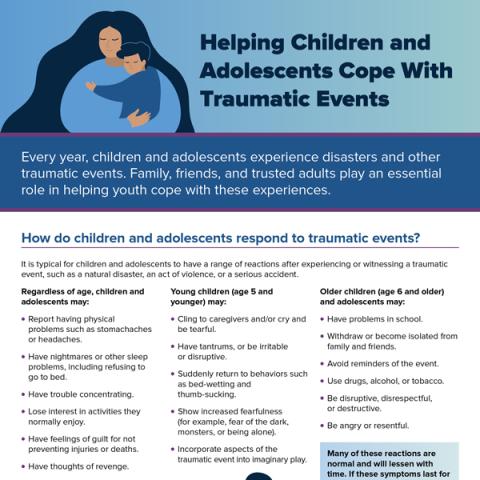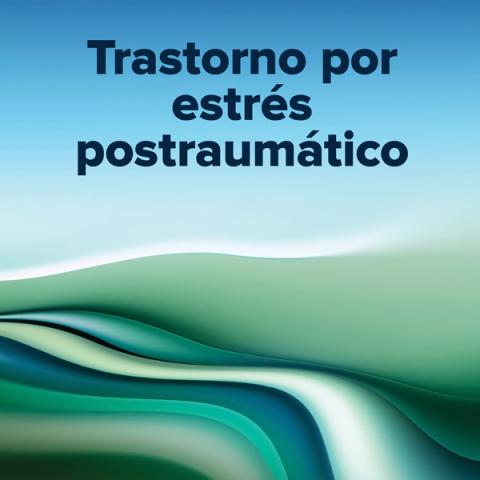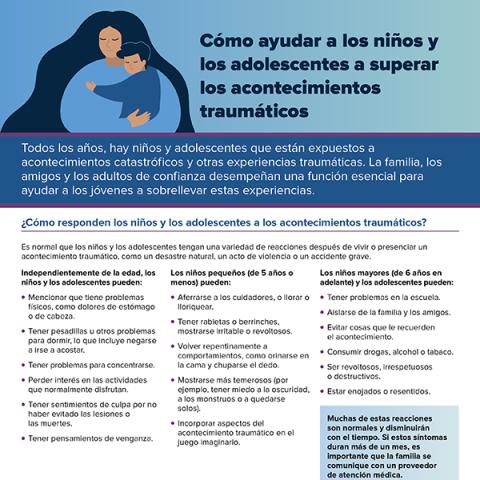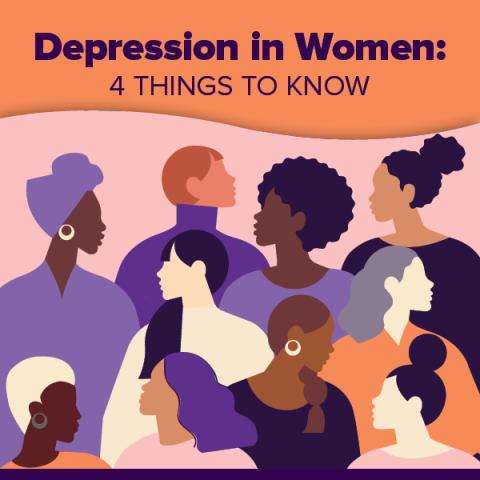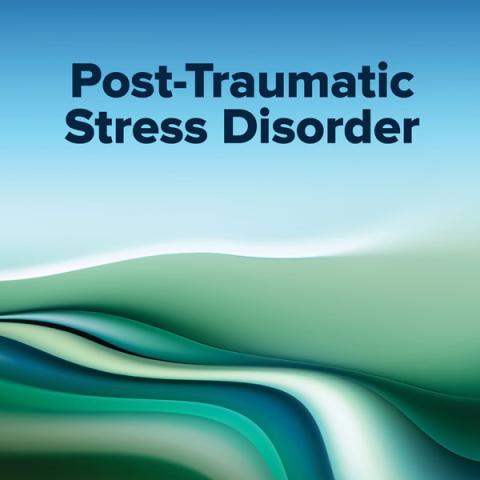
This brochure provides information about post-traumatic stress disorder (PTSD) including what it is, who develops PTSD, symptoms, treatment options, and how to find help for yourself or someone else who may have PTSD.
NIMH publication orders are temporarily suspended. Please check back for updates.
About Quantity Limits
If you would like to order more than the maximum quantity indicated, add that quantity to your shopping cart. You will be prompted to provide additional details about the use of the publications during the checkout process. Request for quantities above the limit are considered on a case-by-case basis. Please call the toll-free number 1-866-615-6464 between 8:30 a.m. and 5:30 p.m. ET, Monday through Friday, in case you run into any questions.
Related Publications
-
This fact sheet presents information on how children and adolescents respond to traumatic events, and what family, friends, and trusted adults can do to help.
-
Este folleto describe lo que es el trastorno por estrés postraumático, a quién le puede dar, los síntomas, las opciones de tratamiento, y cómo encontrar ayuda para usted o para otra persona que pueda estar teniendo estrés postraumático.
-
Esta hoja informativa presenta información sobre cómo los niños y adolescentes responden a los acontecimientos traumáticos y qué pueden hacer la familia, los amigos y los adultos de confianza para ayudarles.
-
This fact sheet provides information about depression in women including signs and symptoms, types of depression unique to women, treatment options, and how to find help.
Order publications by phone
Solicitar publicaciones por teléfono

